Text: J Srikant
JBM group, one of the leading Tier-1 component suppliers to both Indian and global manufacturers, is readying itself to meet the demand from the Commercial Vehicle (CV) market when it wakes up from hibernation; hints of this have already started appearing in the marketplace.For the first time in two years, sales in the heavy commercial vehicle segment have gone up in the three months ending June, 2014. A total of 26,889 units were sold during the first quarter of 2014-15, a rise of 10.8% over the same period last year.
Anticipating this, JBM Auto is all set with its two new plants in Indore and Bangalore that are slated to cater primarily to the CV segment as also the two-wheeler segment. The two plants will manufacture cabins, exhaust systems, chassis parts, frames for CVs and sheet metal assemblies for the two wheelers.
 “We are now looking at manufacturing cabins in a big way. We were earlier not too big on the CV market. In the last 3 to 4 years, that has been our focus. We are developing in a big way,” said Nishant Arya, Executive Director, JBM Group. JBM, apart from truck cabs, is now producing different exhaust systems for trucks, chassis parts, different kinds of axles, full body skin panels and also independent front suspension, which is a new product for the group.
“We are now looking at manufacturing cabins in a big way. We were earlier not too big on the CV market. In the last 3 to 4 years, that has been our focus. We are developing in a big way,” said Nishant Arya, Executive Director, JBM Group. JBM, apart from truck cabs, is now producing different exhaust systems for trucks, chassis parts, different kinds of axles, full body skin panels and also independent front suspension, which is a new product for the group.
The group has planned to invest a total of Rs 700 crore this financial year, of which Rs 200 crore has been set aside for the two new component manufacturing plants. Together, the two plants will generate direct employment for nearly 1,000 people with indirect employment for others as well.This is apart from the other two plants for the bus project which are coming up in Faridabad for monocoque structure and in Kosi for assembly. JBM at present has close to 35 manufacturing plants across 18 locations globally.
Arya added that the remaining Rs 500 crore has been set aside for the bus business. “With a capacity of 2,000 buses a year, we are not in the business to compete with giants like Tata Motors or Ashok Leyland. We are here to create a niche segment and market, which is all about safety, comfort, and long term association,” he said.The company has said that it expects revenues to touch Rs 10,000 crore in the next couple of years where the bus business will be the mainstay.
Some of the features of the new bus from JBM include disk brakes on all four wheels, resin roof to maintain temperature, a monocoque structure, 25% more CNG capacity than regular buses, tilting mechanism to assist the physically handicapped to board the bus, independent front suspension for smoother ride, and inverted portal axle, which helps distribute load across the vehicle.
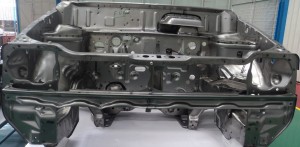 JBM, which has a sales revenue of $1.2bn, said there would be substantial involvement of its component business in bus manufacture. Complete structure of the bus is built in-house, the cylinders and numerous suspension parts are from the component business of JBM. Arya informed that nearly 400 designers have worked on the bus project for the last 3 years.It has already received close to 100 orders from government, airports and premium schools. The company is expecting to start delivery by the second half of this financial year.
JBM, which has a sales revenue of $1.2bn, said there would be substantial involvement of its component business in bus manufacture. Complete structure of the bus is built in-house, the cylinders and numerous suspension parts are from the component business of JBM. Arya informed that nearly 400 designers have worked on the bus project for the last 3 years.It has already received close to 100 orders from government, airports and premium schools. The company is expecting to start delivery by the second half of this financial year.
Along with manufacturing components for commercial vehicles, JBM also provides components for passenger cars, farm equipment, two and three-wheelers. Close to 50% of the group’s revenue comes from passenger cars, the rest from CVs and two-wheelers. To maintain advantage in the face of increasing competition, JBM has added new strengths to its design. “Our USP is that we are now an end-to-end solutions provider. We started giving design solutions four years back. So now, we have solutions from design, to engineering, to final product. That has been a big change,” said Arya. One of the other things that JBM has kept an eye on is to reduce the cost of products by introducing tailor welded blanks. Through this technology, the company is able to combine two different types of steel for making one component, which helps in saving cost as thinner steel is used wherever possible to reduce weight and increase efficiency.
Arya said that despite the increased concentration on the bus project, there will be no reduction in focus on the component business. “We are definitely looking to increase our auto component portfolio. We will have products, which not only have a good market, but also we can create a good technology barrier so that not many players enter that market and challenge our existence,” he explained. The company also has a joint-venture, JBM Kanemitsu, with Japanese Kanemitsu, which is into the production of pulleys.
JBM counts major OEMs like Ashok Leyland, Bajaj Auto, Volkswagen, Fiat, Honda, Hero, JCB, Mahindra, Maruti Suzuki, Renault, Nissan, TATA, Toyota and TVS as its clients.Arya concluded on a positive note saying that a stable government at the centre, which is pro infrastructure, will also be pro auto industry and that the green shoots of growth are already visible for the industry.




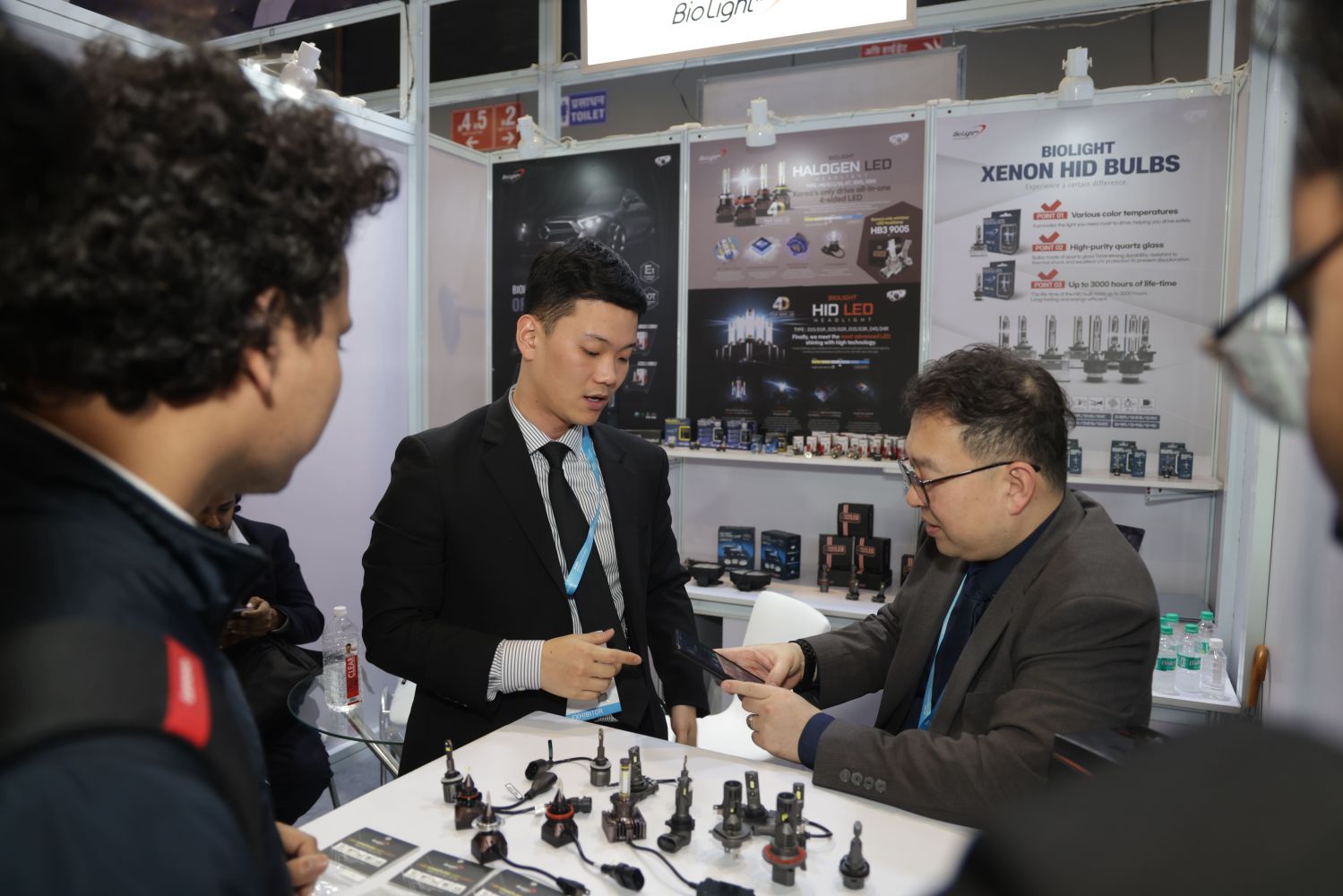
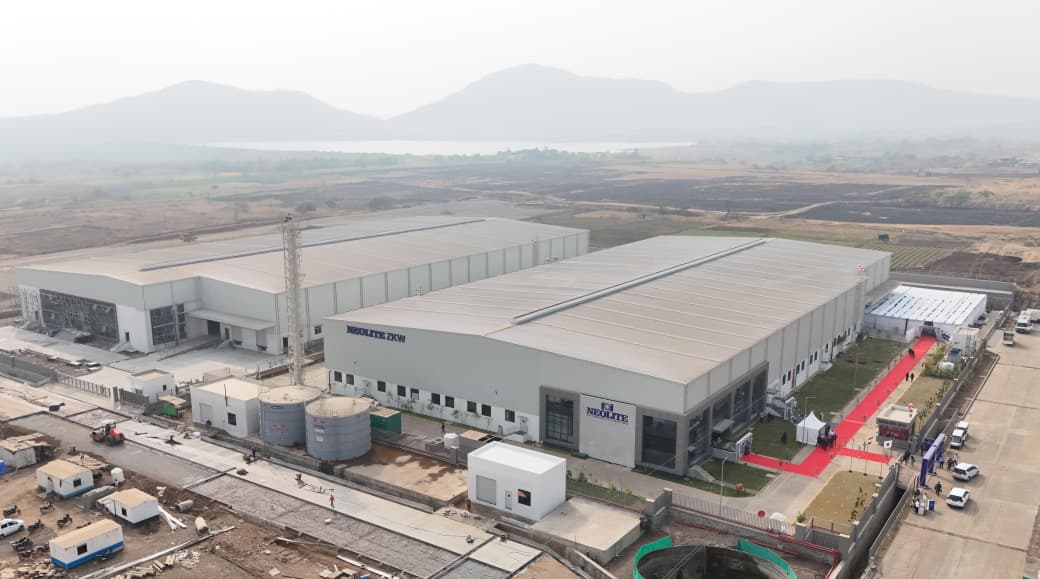
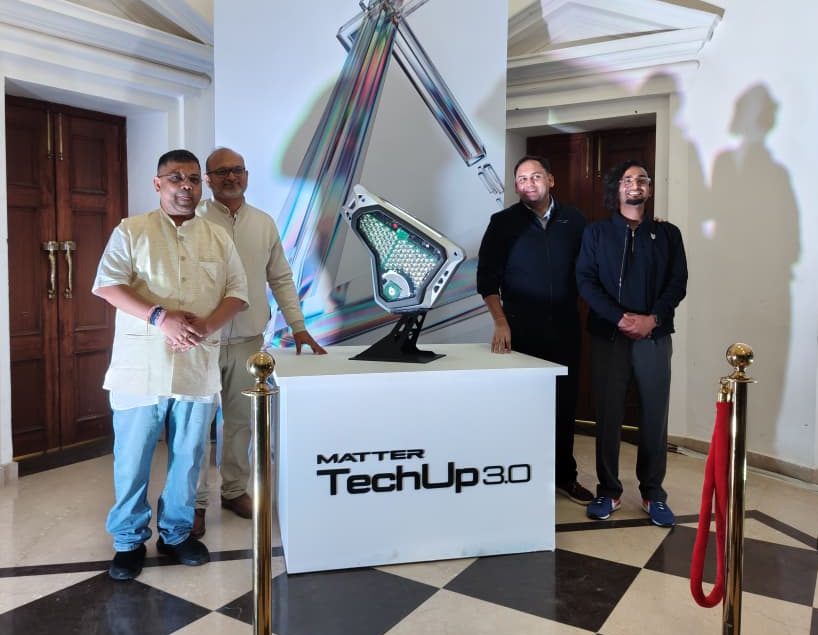
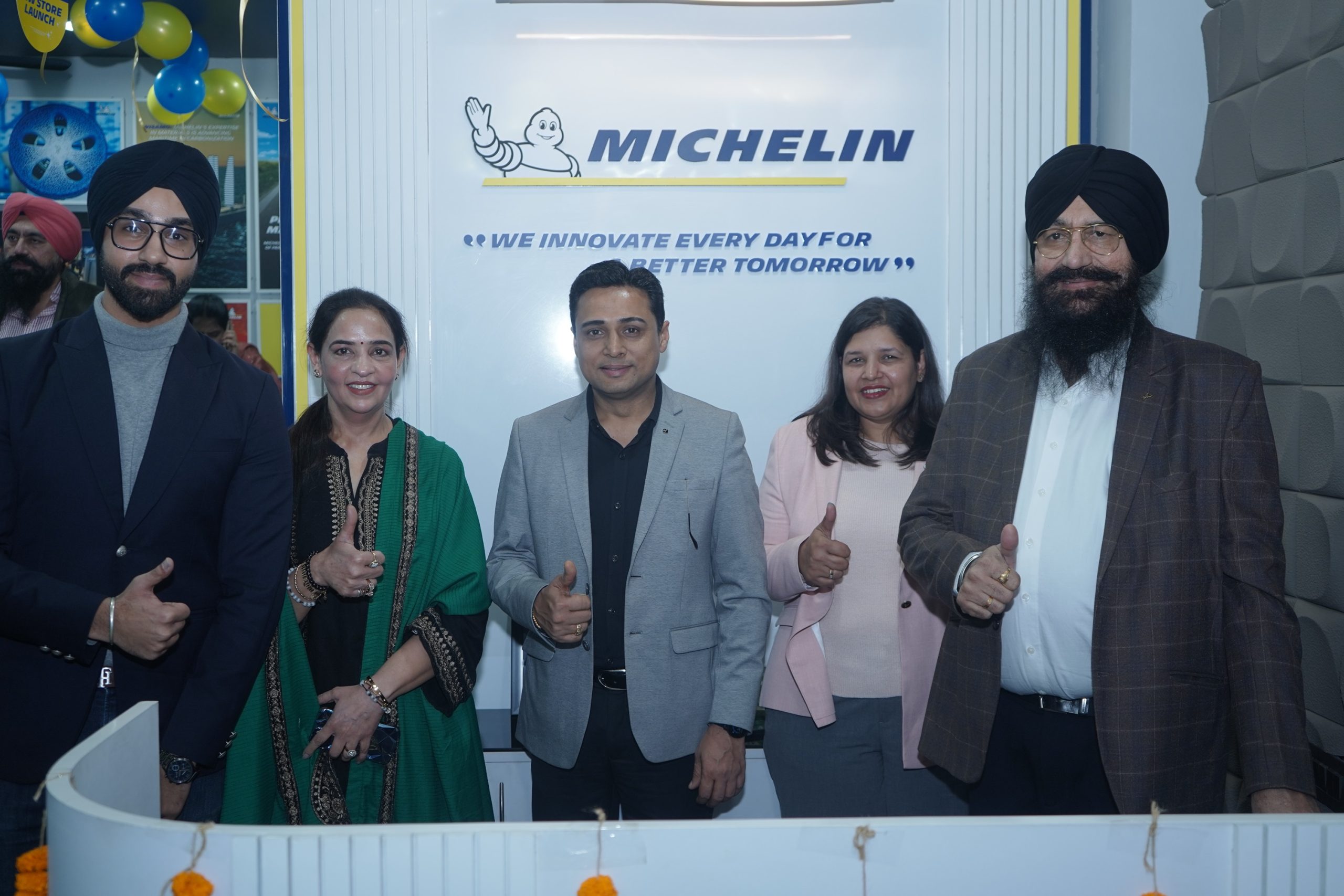
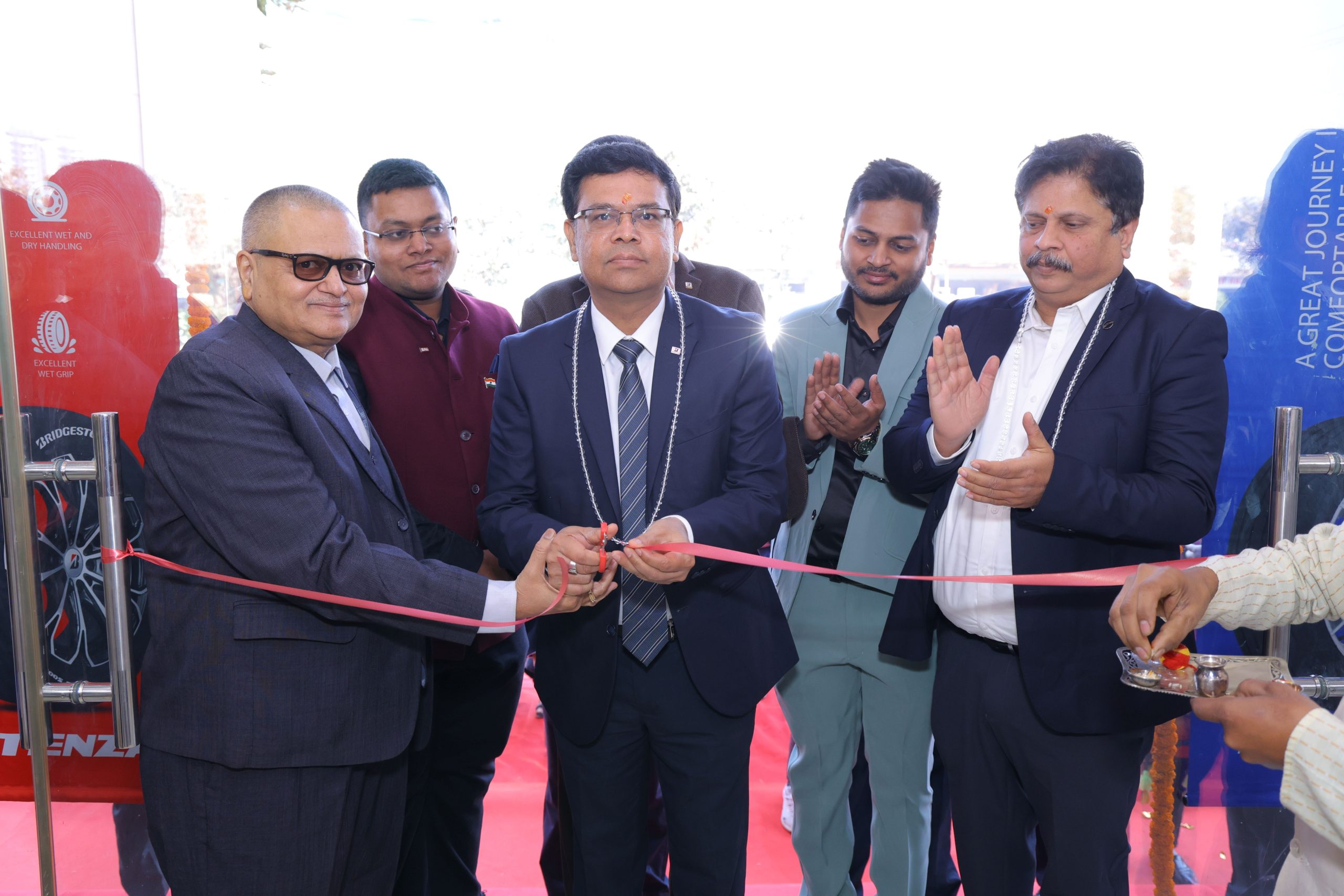



Leave a Reply